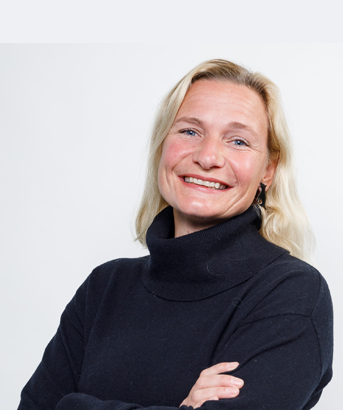
- This event has passed.
Prof Sophie von der Heyden
August 8, 2023 @ 17:3018:30


A brief journey through the evolution of marine molecular ecology in Southern Africa: 15 years of perspectives
The coastline of Southern Africa, which extends over more than 3 000 km, is arguably the most diverse in the world, ranging from cold-water-dominated to tropical systems. The unique environmental conditions at the transition of the Atlantic and Indian oceans provide fascinating opportunities to study the historical and contemporary patterns and processes that shape biological communities. Remarkably, many marine species have populations that straddle the cold–warm water gradients. Initially, the effect this might have on the evolutionary dynamics of marine species was relatively poorly understood. However, since 2005, Sophie von der Heyden’s research using a wide range of molecular approaches, including the sequencing of genes, genomes and, more recently, entire populations, has revealed significant cryptic population genetic structure, even in species with potentially high dispersal. This means that many species have distinct populations along the coastline, and for commercial species such as hake and kingklip, even deep in the ocean. This has profound implications for how we manage and conserve marine resources, particularly in changing climates, and is critical for understanding whether current conservation efforts through, for example, marine protected areas will safeguard the unique diversity of Southern African oceans into the future. Sophie’s work has highlighted the need and provided solutions for the better integration of molecular data to support the long-term persistence of the unique marine biodiversity along Southern Africa’s coastline.
WATCH THE INAUGURAL LECTURE HERE
Short biography
Sophie von der Heyden obtained a BSc in Biological Sciences with specialisation in Aquatic Biology from King’s College in London in 2001 and a DPhil in Evolutionary Biology from the University of Oxford in 2004. She joined the Department of Botany and Zoology at Stellenbosch University (SU) as a postdoctoral fellow in 2005, and in 2010, was appointed as a lecturer. Combining her love of the ocean and genetics, she started to explore the dynamics of marine populations along the diverse shoreline of Southern Africa, and how molecular data can be utilised for the conservation and management of marine resources. This not only led to fascinating insights about the evolutionary dynamics of one of the world’s most unique ecosystems, but also the development, uptake and expansion of molecular approaches for studying natural systems. Since her appointment in 2010, Sophie has supervised over 60 honours, MSc and PhD students, published almost 100 papers in internationally acclaimed journals, and delivered one book as well as several book chapters. She has a wide national and international network of colleagues and serves on several high-profile international steering committees, including for the Society of Conservation Biology, the United Nations Educational, Scientific and Cultural Organisation (UNESCO) and the International Union for Conservation of Nature (IUCN). Her innovative approaches to the study of marine systems in Southern Africa have seen Sophie address numerous international conferences and workshops as keynote speaker and earned her recognition from both the World Academy of Sciences and the Science and Technology in Society Forum of Japan. She has served on the editorial boards of a number of top academic journals and was the chair of the South African Network for Coastal and Oceanic Research for many years. By virtue of her work to deepen the world’s understanding of the impacts of changing climates and oceans, she was recently also appointed as a collaborator of SU’s transdisciplinary School for Climate Studies.

Recent Comments